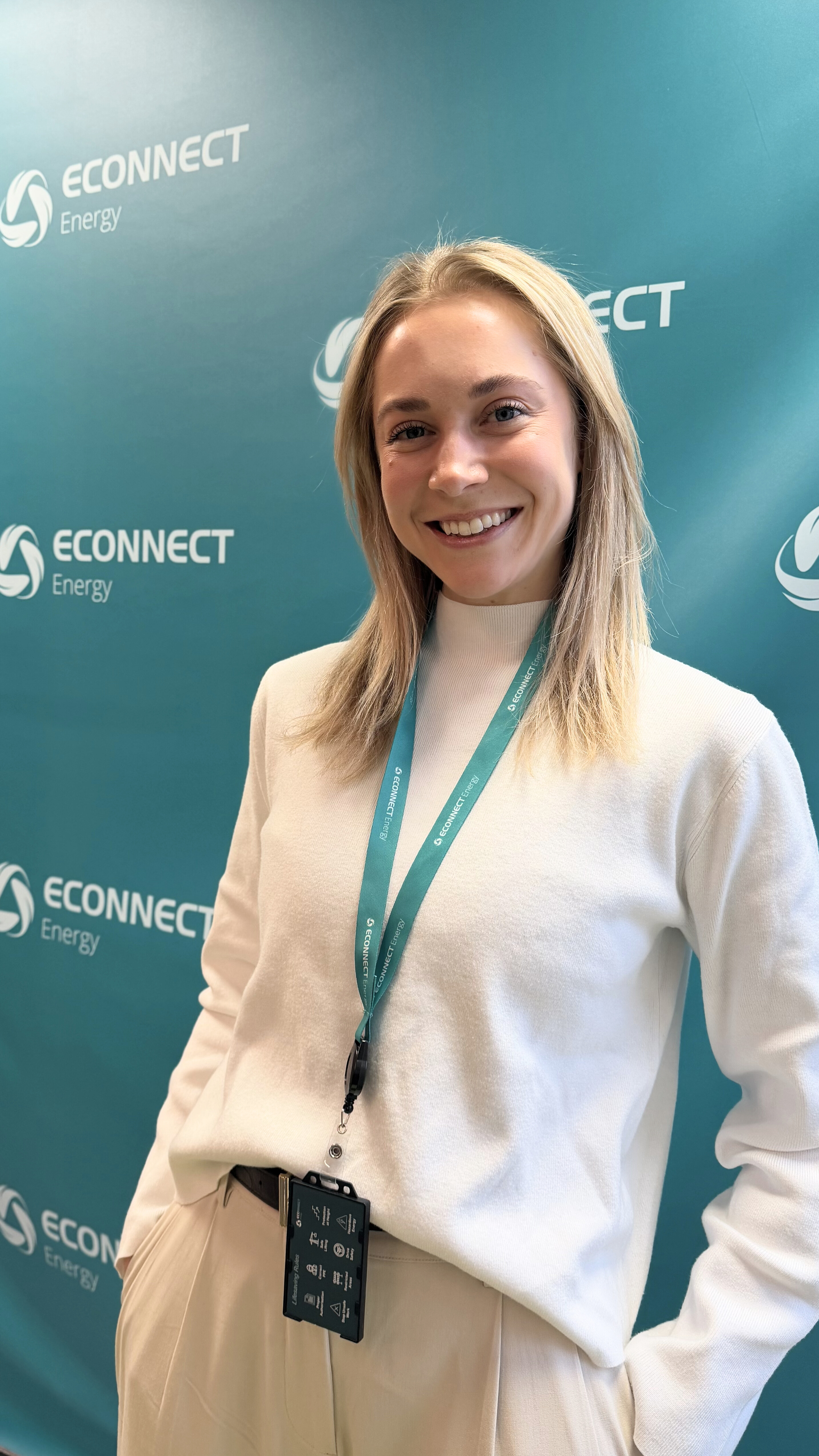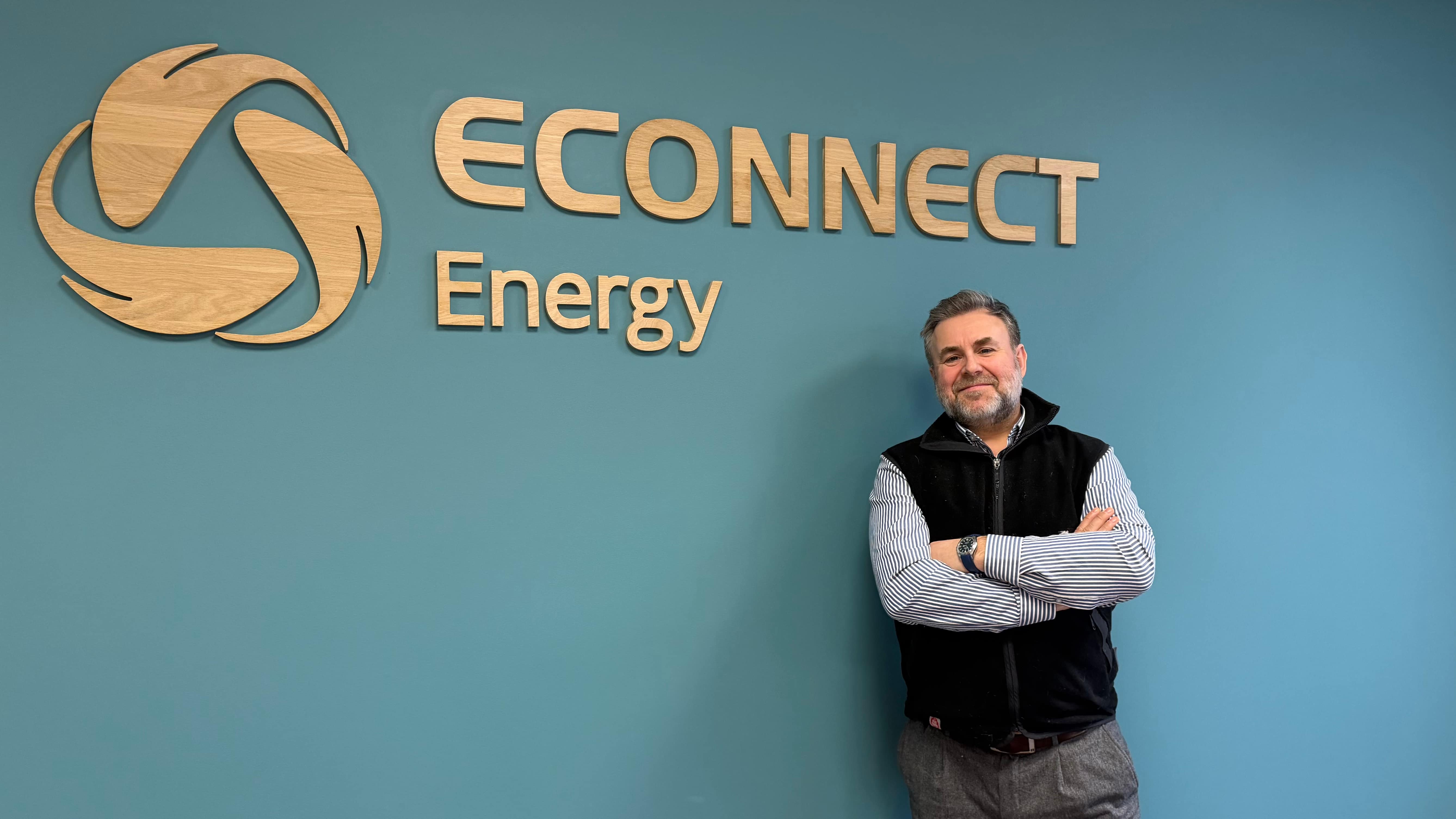“Make things better. Make better things.” The Fahrenheit mantra taped to the edge of our computer screens. For the Impact team, “better” means bringing a social and environmental consideration to all of our project work - helping our clients to define, meet or surpass their sustainability goals.
But for some industries such as automobiles, airlines and oil & gas, the journey to becoming more sustainable is particularly challenging. How are innovative companies in these more carbon-dependent spaces rethinking their business models and offerings to become more sustainable?
To get some answers, Meg and Tom from our Impact team spoke with Dani Murphy Cannella, Sustainability Lead at ECONNECT Energy in Norway. She has been brought onto their team to help refocus efforts not just on Liquefied Natural Gas (LNG), but also on renewable energy, carbon capture and storage. She provided insight into the importance of companies holding themselves accountable by measuring their impacts, and the place for policy to prevent greenwashing and ignite meaningful change.
Tom Abraham: Thinking about the way that we consume, deliver and produce energy is at the core of our transition to a sustainable future. Working in LNG do you think about these challenges and how do you square some of the inconsistencies?
Dani Murphy Cannella: I like how you talk about Impact at Fahrenheit: having a good idea of the positive and the negative impacts of a company is a really big part of sustainability.
I think if every company was simply more aware of their impact, we probably wouldn't have the same issues that we have, and we'd see a lot less greenwashing as well.
Meg Lueck: What drew you to work in sustainability?
DMC: I sort of intentionally fell into sustainability. It’s a dynamic field and feels new. When I first started, it was called corporate social responsibility; now there's a lot more awareness, science-based tools and targets, and private investment has stepped up.
I think businesses and private investment are the best actors to drive climate action and social justice. Without sounding too much like a Hallmark card, it's something that I get a lot of motivation to do every day.
ML: What problem as it relates to sustainability, is ECONNECT focused on solving? What can sustainability mean within LNG and the energy sector as a whole?
DMC: ECONNECT is a Norwegian company. Doing good by the environment and by people is a big part of the upbringing here. I think they genuinely live it. Culturally the idea that a company could come in and degrade the environment is really unpalatable.
LNG is often seen as a bridge in the energy transition because the gas burns a lot cleaner than oil and has a lot less particulate matter emissions: less sulfur oxide emissions and a much lower carbon profile than oil.
It is inexpensive and easy to transport, moved mainly by ships. What's incredible about LNG is that when you liquefy it, you reduce it to one six hundredths (1/600) of its volume; you can take a lot of volume and squeeze it down to ship it anywhere. We enable energy projects and access in countries that need it most. You know, moving away from fossil fuels.
There are obviously huge issues with traditional, expensive energy infrastructure such as pipeline. Our solution is to simplify energy infrastructure with floating, flexible and modular offloading and loading terminal. With this floating solution, there's no impact to the marine environment in which it operates. It's flexible to energy demand, so you can move it as required, with no impact to the seabed, river morphology and tide changes, and marine biodiversity.
Finally, the technology used for loading and unloading LNG is perfectly adaptable for renewable fuels such as ammonia and hydrogen, which are used as zero-carbon marine fuels. A zero-carbon shipping fleet uses these new fuels - which is done on a very small scale now, but there’s a lot of interest in Norway in scaling it up. It's also adaptable for carbon capture technology as well to sequester carbon from heavy industry.
TA: What is your role there as Sustainability Lead?
DMC: I joined to help refocus efforts on not just LNG, but also on zero-carbon fuels, carbon capture and storage. I’m here to help really substantiate our sustainability claims while raising our sustainability profile (which is already quite stellar!).
I am conducting a deep dive into our resource use and conservation in terms of the production of our technology, as well as our daily operations. If you don't measure something, it doesn't get managed.
It’s helpful for companies to have somebody to focus on baseline measuring, in order to find areas to improve.
ML: How can consumers and investors navigate between companies who are “greenwashing” vs. those that aren’t?
DMC: I've been operating with the Equator Principles, the International Finance Corporation guidelines on Environmental, Social Governance (ESG) reporting - it’s a good guideline, transparently detailing all the impacts that are required for companies to attract investment.
There are also quite a few initiatives led by the European Commission to reduce businesses' greenwashing; one is the EU Taxonomy System. It is basically a classification system to detail environmentally sustainable economic activities, meant to complement the EU Green Deal. The Taxonomy System helps companies and potential investors scale up sustainable development. Wherever a company may sit on this classification spectrum, you know that they're probably doing the work. So the policy in place is important, not just voluntary reporting.
But if you're looking to invest or if you're looking to purchase a product, I think it's worthwhile to do a little bit of research beyond the marketing claims. If you guys saw Seaspiracy, you'll understand that even sometimes sustainability certifications are not credible, like the MSC certification.
Today's consumer needs to be a little bit more savvy: you can't just take sustainability claims at face value.
ML: So what is the value of these impact frameworks?
DMC: Up until recently, sustainability has been seen simply as a risk mitigation tool, requiring proper oversight. Something that's super interesting is the World Economic Forum’s Measuring Stakeholder Capitalism. They're trying to move the needle away from “tick the box” non-financial reporting exercises to attract investment, but looking at ESG in itself as a way to bring value and profit to companies.
TA: The point about ESG becoming more a core part of the business is really interesting because for most companies it's not a core part of the business. What do you think about the role of ESG where your core product is energy?
DMC: Energy giants are looking to greenify their portfolios and the projects that they're investing in. I think that they see a big prize in zero-carbon fuels and renewables. I don't think that's greenwashing, I think that's just smart business. Oil and gas have been and will continue to be, the cash engines for a lot of these companies and that will finance a lot of their renewable activities. For example, Equinor, a big energy operator, has bought up a lot of offshore wind concessions in the United States, because it's now economically viable.
ML: What innovations are you personally most excited about in the energy space that we should keep an eye out for?
DMC: Yeah, so three things:
- Energy storage for renewables, because currently from a solar farm, a wind farm, or hydro scheme, the power that's generated can be completely lost. The ability to store that energy will be immensely valuable to help stabilize the power grid. (Check out part two of this series for more thoughts!)
- Zero-emission fuels like hydrogen and ammonia. Ammonia seems to be this magical substance. Ammonia is a carrier for hydrogen and can also store energy. There are a lot of hydrogen buses here in Oslo where I live and where I used to live in Aberdeen as well. They've piloted that and I think as long as hydrogen is produced without fossil fuels, then I think that's promising in terms of reducing our carbon emissions and our greenhouse gas emissions.
- AI and machine learning, and how that relates to sustainability and monitoring big data sets. What can big data sets do to inform strategies around optimizing resources for intelligent recycling and reuse?
ML: I'm going to go figure out how I can get my hands on some ammonia.
DMC: Be careful, it's very toxic.
TA: This energy transition won’t be easy, but it’s good to hear how everybody is thinking about their part to play in this massive undertaking.
DMC: It’s not the sexiest of topics, but it's certainly important!
Read the story at Fahrenheit 212







